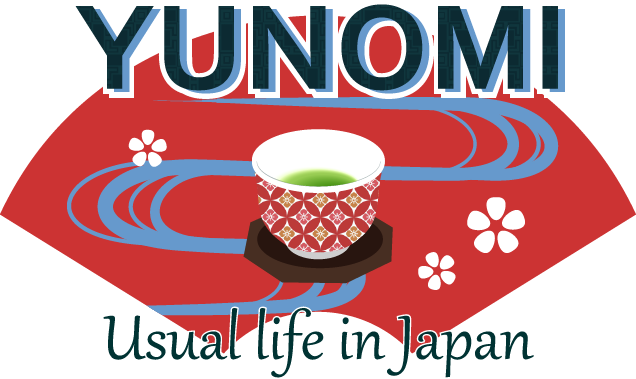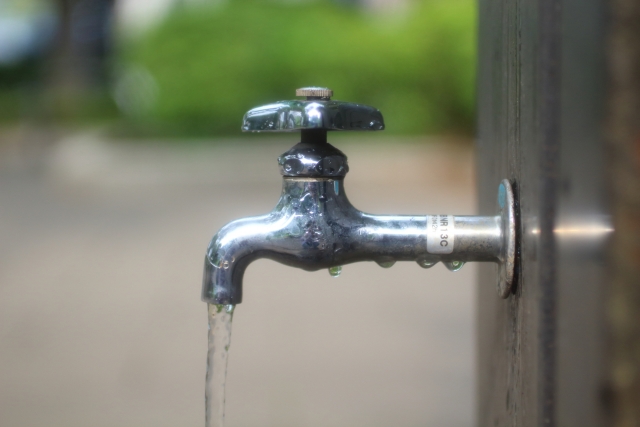Japan's tap water is very drinkable.
The national water infrastructure is reliable and purification facilities are well-maintained, so the tap water is of good quality and easy on the stomach.
Though in the north of Japan (which would include Tokyo), the water tastes slightly more mineralised.
In fact tap water is sold in Japan. Bottled Tokyo tap water is available for sale.
This product was created for Tokyo PR purposes, so it can be purchased for around 100 yen a bottle.
Is the taste different?
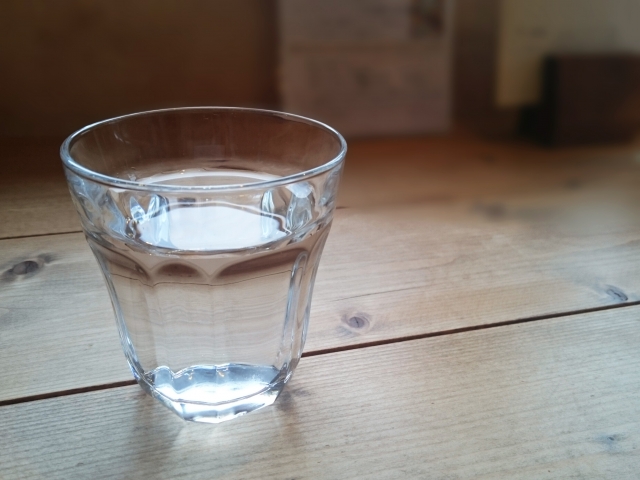
Some visitors to Japan, particularly those from Europe, may notice something strange when they drink Japanese tap water for the first time.
This is because the water supply in Japan has a different 'hardness level' compared to the supply in Western countries.
The hardness level is an indication of the amount of minerals, such as calcium and magnesium, dissolved in water.
Including tap water and spring water sources, the water in Japan is mostly 'soft water,' which has a low hardness level; this is in contrast to the water in European countries.
Soft water has a milder flavor than hard water and is easier to drink, but to someone used to hard water, soft water can taste inadequate.
Unfortunately, hard water is difficult to obtain in Japan. If you want hard water during your trip, it would be easiest to purchase a mineral water such as Evian from a store.
You can find at most Japanese convenience stores, hard mineral water is comparatively easy to purchase.
Japanese food and soft water
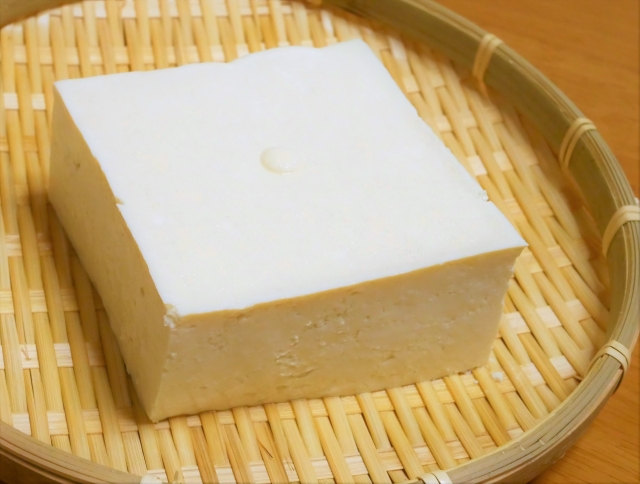
Since hard and soft water have different tastes, it is only natural that they are suitable for use in different food.
It is said that Japanese food like soba and tofu are particularly delicious because of the mild taste of the water used.
There is also dashi, which is created by simmering kombu (kelp) and other ingredients to make a base for cooking.
It is said that soft water is more effective at extracting the flavor components.
Important Elements of Japanese Tea
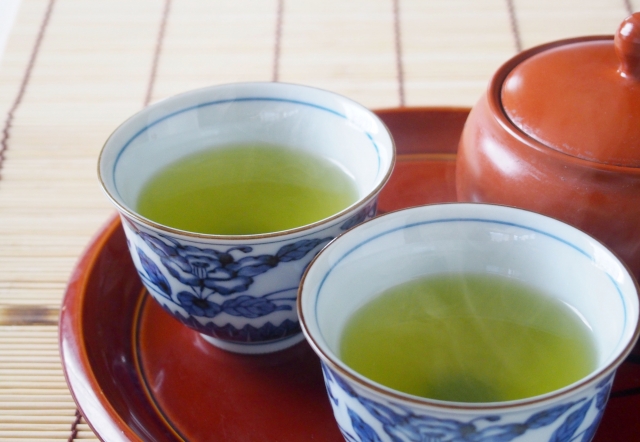
The bitterness and astringency of Japanese teas are also easier to draw out with soft water, and the difference in flavors become more pronounced.
Japanese water may be difficult to get used to for some people.
However, it is also one important component of Japanese culture.
When you visit, think of it as just another part of experiencing Japan.
